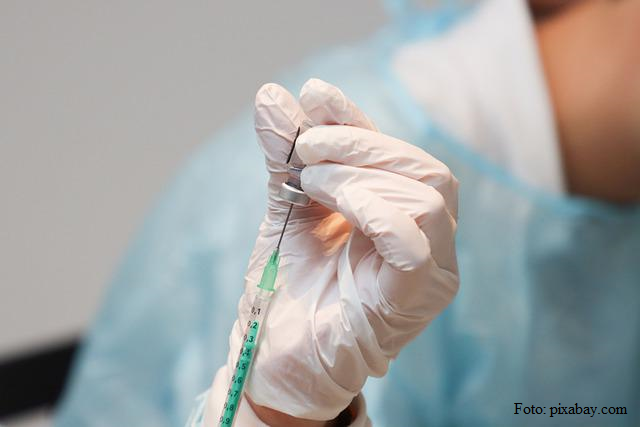Spotlight on vaccination
Measles epidemic was declared in Romania, with infections and cases requiring hospital treatment on the rise.

Corina Cristea, 08.12.2023, 14:00
With around 2,000 measles cases reported this year, of which 10% in the last week of November alone, the Romanian health ministry declared a measles epidemic earlier this month. Measles is a contagious disease that spreads easily, especially in unvaccinated children, doctors have explained, and its development may be serious and lead to complications. The rate of vaccination against measles has tended to decrease in the last ten years in Romania, with only 78% of eligible children having had their first shot nationwide at this moment. Even fewer, 62%, have had their second dose. Health minister Alexandru Rafila explains what the move to declare a measles epidemic means:
„Its a procedure that allows public health authorities, together with family physicians, to make the vaccination activity more efficient. Moreover, it makes it possible to administer the booster shot at an earlier age in order to protect children who are at currently at risk. Vaccination rates have dropped in Romania not just against measles, but against all the vaccines included in the national vaccination programme, but the appearance of these measles cases is worrying because with low vaccination rates, the risk for the disease to spread is higher, especially in communities. Besides the pain of the children who become infected, there is also a risk of death, which can be immediate, but also a few years down the line, because measles can lead to complications such as subacute sclerosing panencephalitis that sets in a few years after first contracting measles and which is deadly. This is not something we should just accept as long as we can prevent this disease through vaccination.”
The health ministry recalls that it has recently adopted the national vaccination strategy precisely in order to eliminate such public health risks posed by diseases that can be prevented through vaccination. Important steps have in fact been made to improve access to vaccination by subsidising its cost. The strategy aims to increase vaccine acceptance among the population and to achieve a 90% vaccination rate for all vaccines included in the national vaccination programme and a 70% lifelong vaccination rate for the at-risk groups against diseases that can be prevented through vaccination. (CM)






























